The Vatican’s Dicastery for Communication has urged African Catholic journalists to hold fast to human values in the age of artificial intelligence, warning against the dangers of allowing technology to devalue human dignity.
Delivering an address on behalf of the Prefect of the Dicastery, Paolo Ruffini, Monsignor Janvier Yameogo told journalists at the opening of the 2025 Congress of the Union Catholique Africaine de la Presse (UCAP) in Accra that, “We are to read and tell history with the intelligence of the heart, with the wisdom of love, without confusing its means and ends, truth and lies, intuition and calculations. What we are being asked to do is to remain human. And to become more and more so.”
The week-long gathering, which began on 10 August at the Ghana Institute of Management and Professional Studies, is being held under the theme “Balancing Technological Progress and the Preservation of Human Values in the Age of Artificial Intelligence.”
Monsignor Yameogo reminded participants of the true nature of communication, saying, “The Latin root of the word ‘communication’ combines two words: ‘cum’ (together) and ‘munus’ (gift), which tells us that communication is first and foremost a mutual gift of ourselves – a gift that is born of the relationship we establish with one another.”
He noted that the early Christian community, described in the Acts of the Apostles as having “one heart and one soul”, drew its strength from communion, which remains “the secret of the Church’s communication.”
Turning to the challenges posed by artificial intelligence, the Dicastery’s message warned of the risk of a “system of domination that pulverises everything, ignoring the true, the just and the beautiful… where individual uniqueness is sacrificed along with individual dignity.” It cautioned against treating AI as infallible, saying such thinking contradicts the very scientific principles that underpin it.
It added that, “On the one hand, there is the dictatorship of the machine, instructed by totalitarian thinking; on the other, there is human freedom, without which there is no truth,” the statement read. “Ultimately, the question is this: if the short-term impact of artificial intelligence depends on who controls it, the long-term impact depends on whether or not it can be controlled.”
Monsignor Yameogo urged the Congress to fulfil its objective of equipping media professionals to educate audiences on the importance of preserving human values in a tech-driven world, and to continue UCAP’s contributions to the Church’s mission, including its role in the ongoing Synod on synodality.
Recalling Pope Francis’ call for global solidarity in Fratelli tutti and its echo in the African concept of Ubuntu, the Prefect stressed that human flourishing is realised in relationships, “that we are all connected and responsible for one another. In short, a similar call to global friendship, solidarity and interdependence for a more sustainable society.”




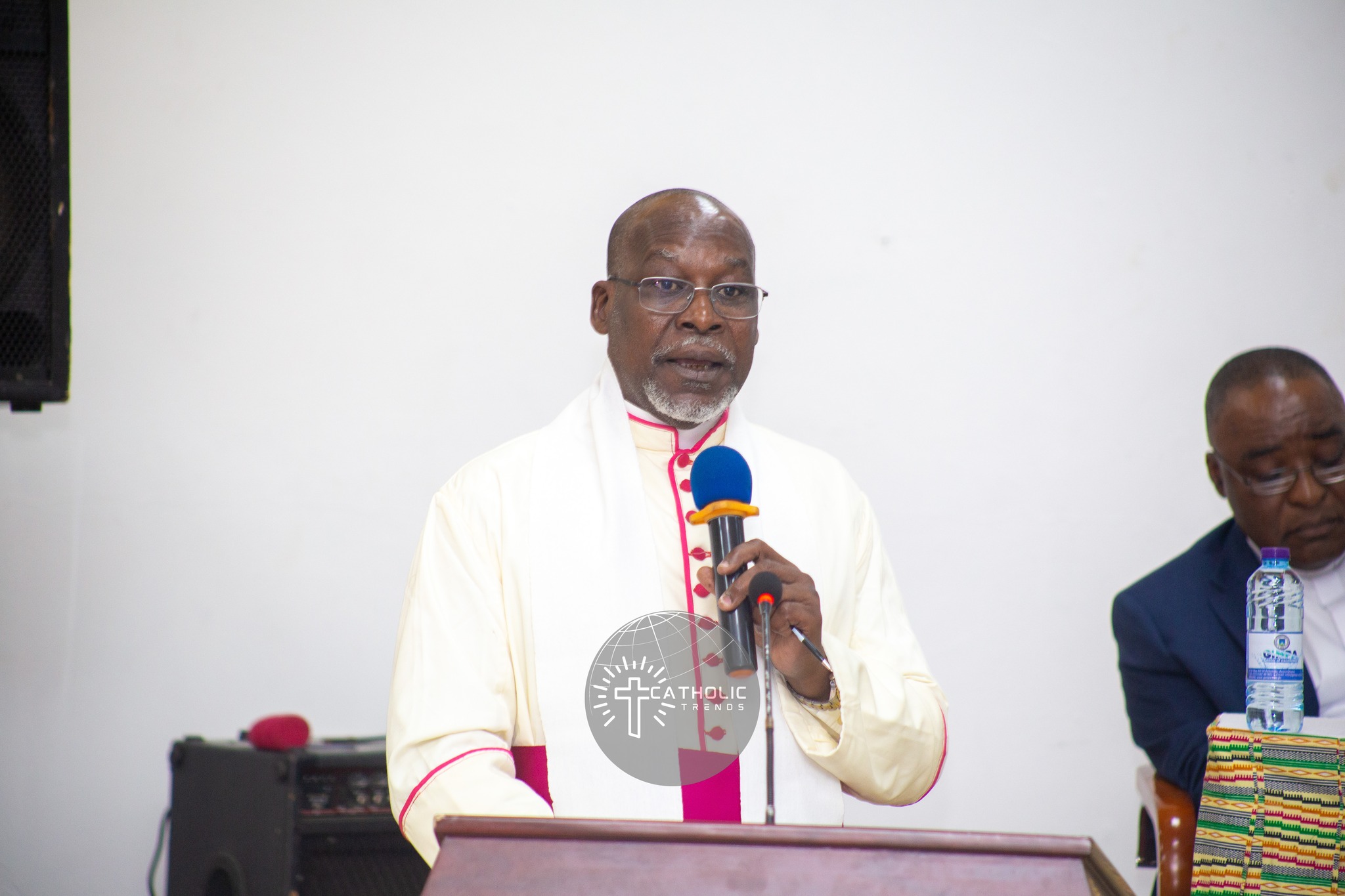
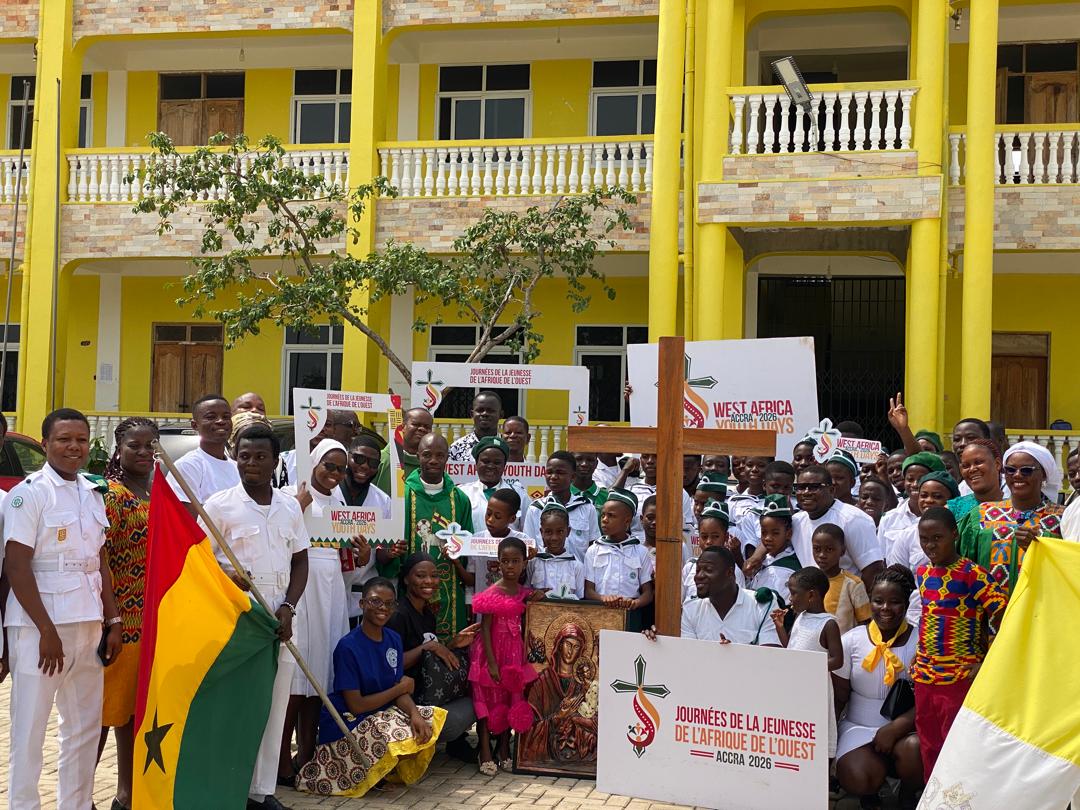
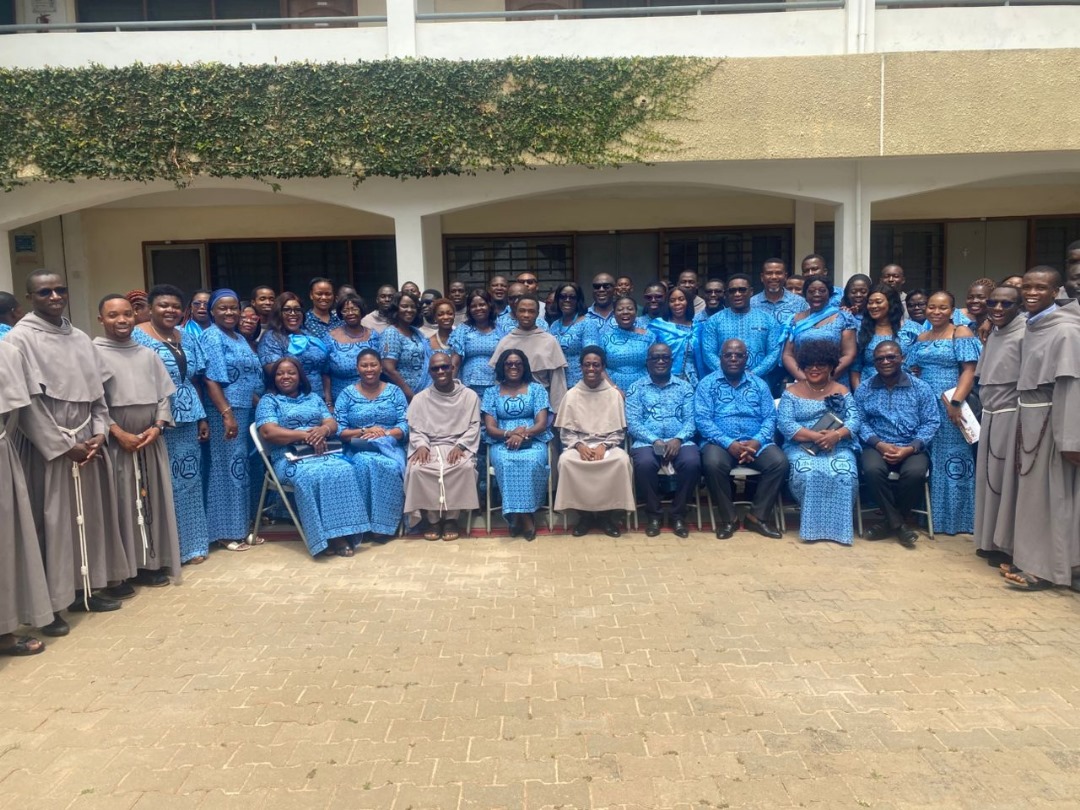

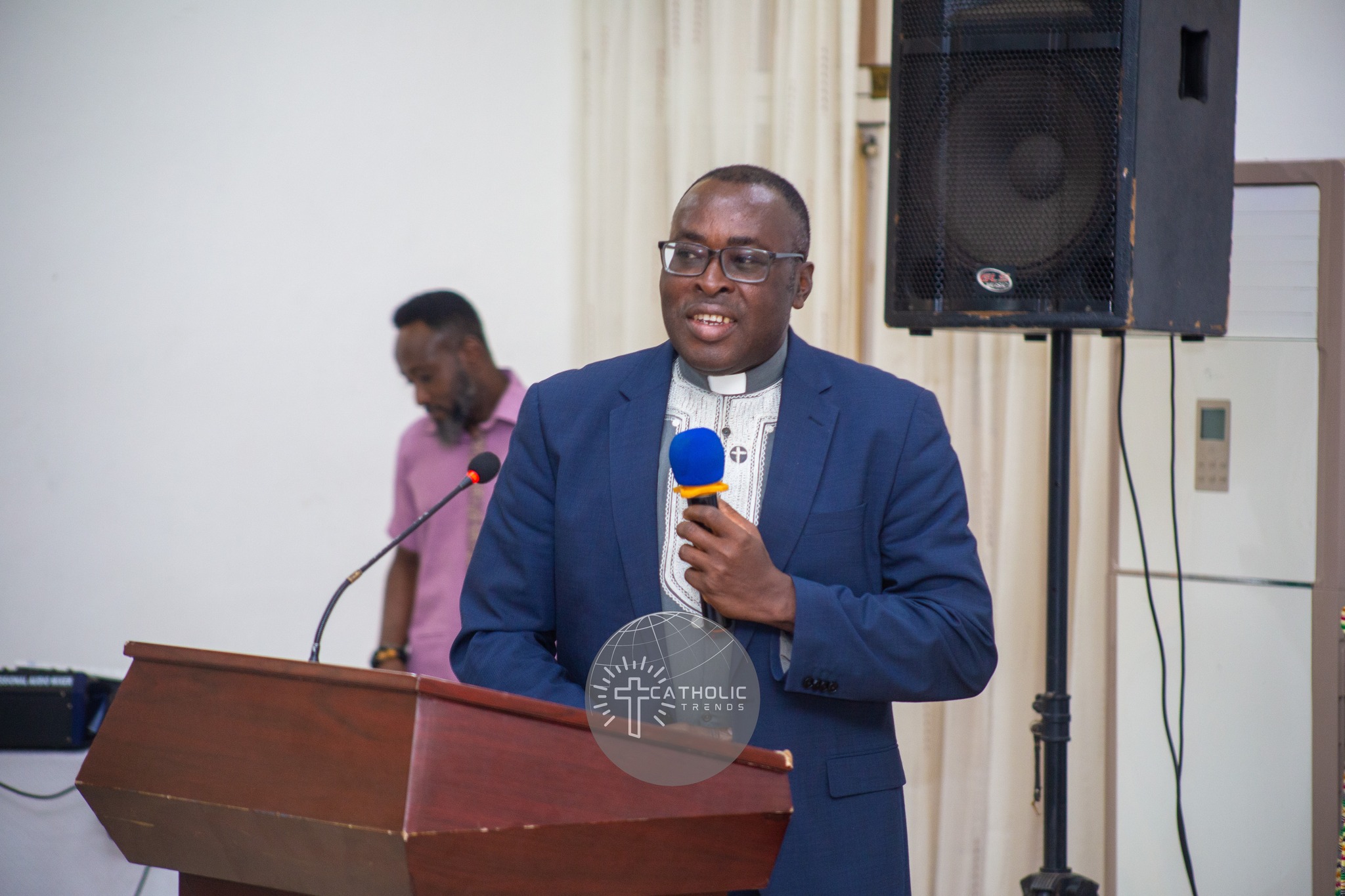
![[Reflection] Jubilee Year : Awaken and allow hope to flourish](https://catholic-trends.com/wp-content/uploads/2025/08/Screenshot-2025-08-12-192412.png)
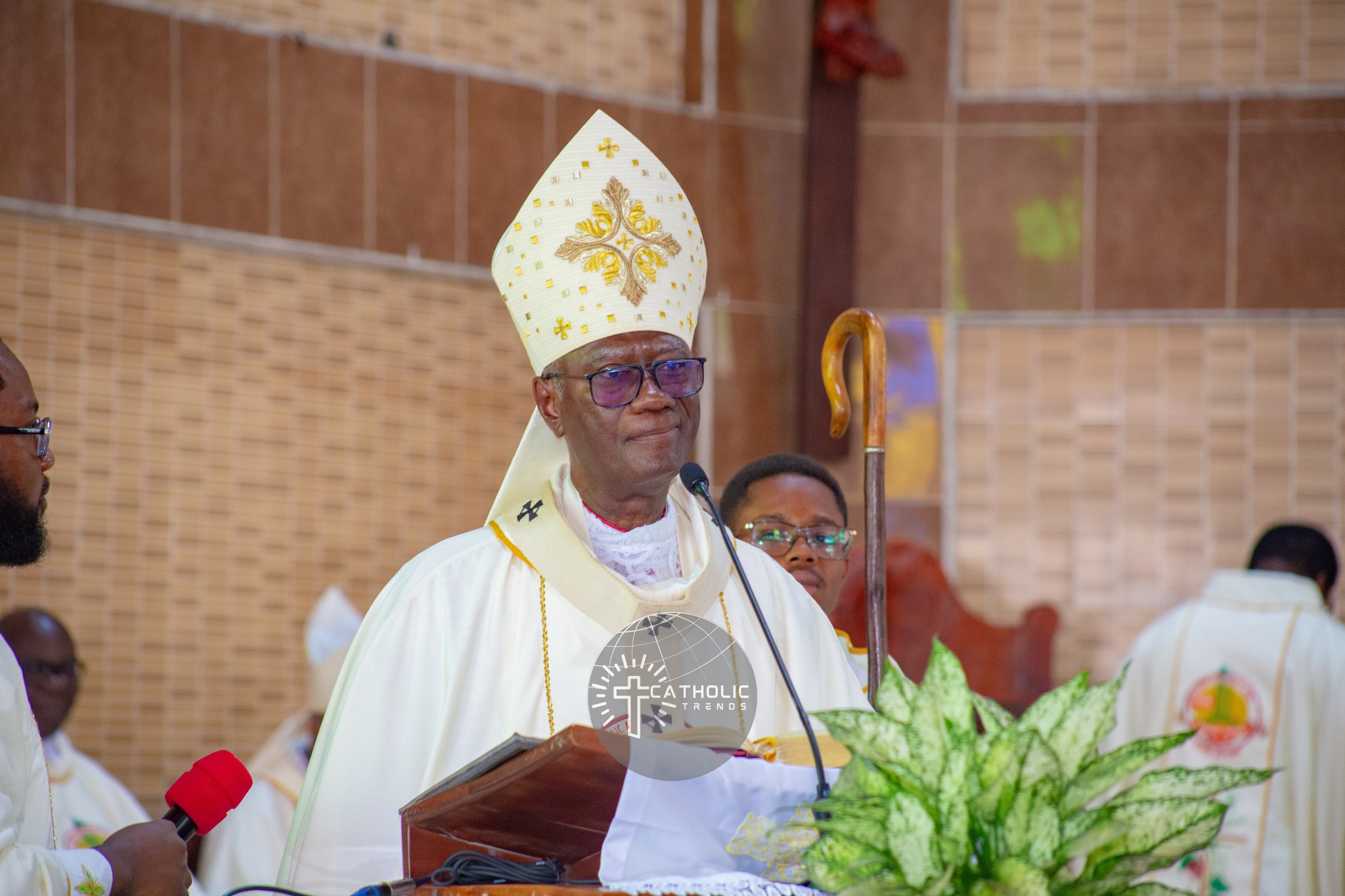
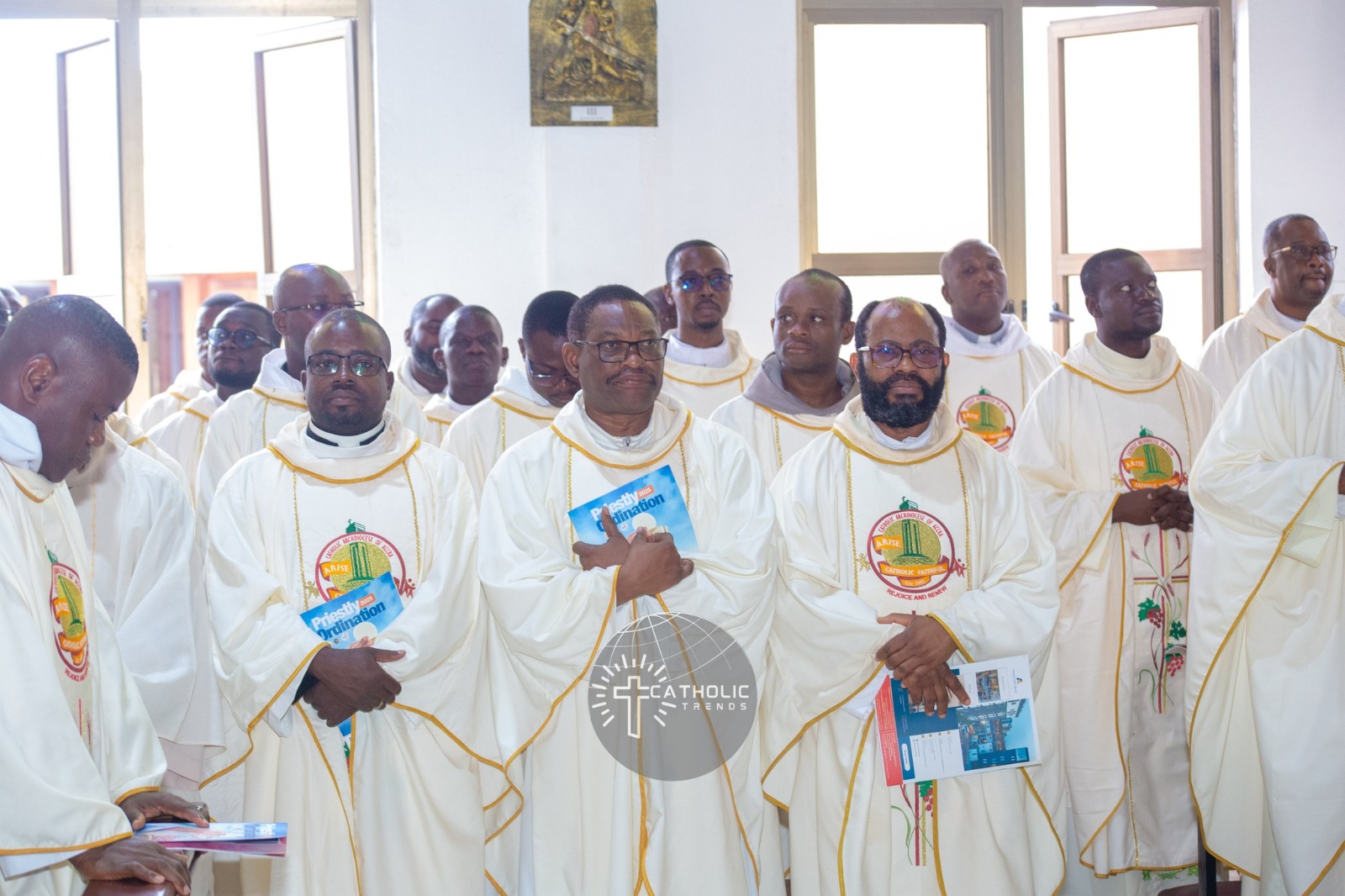

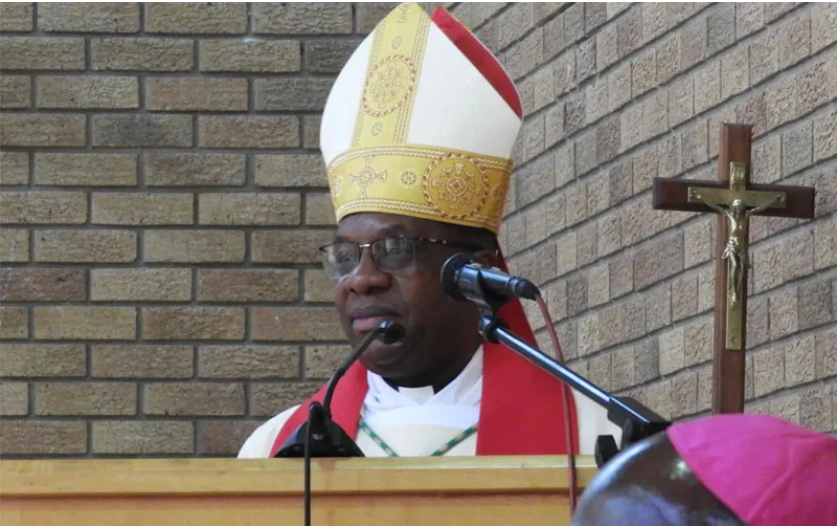



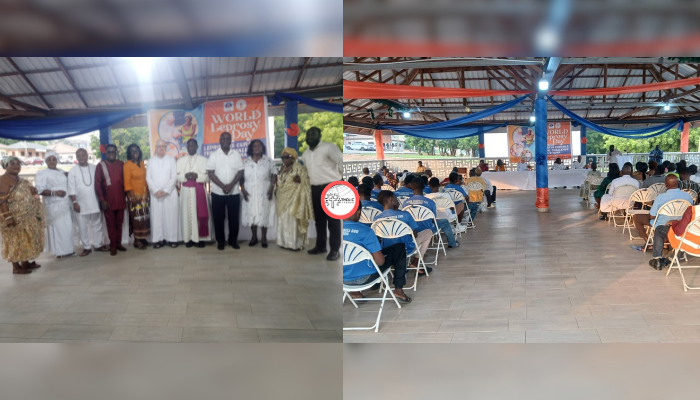
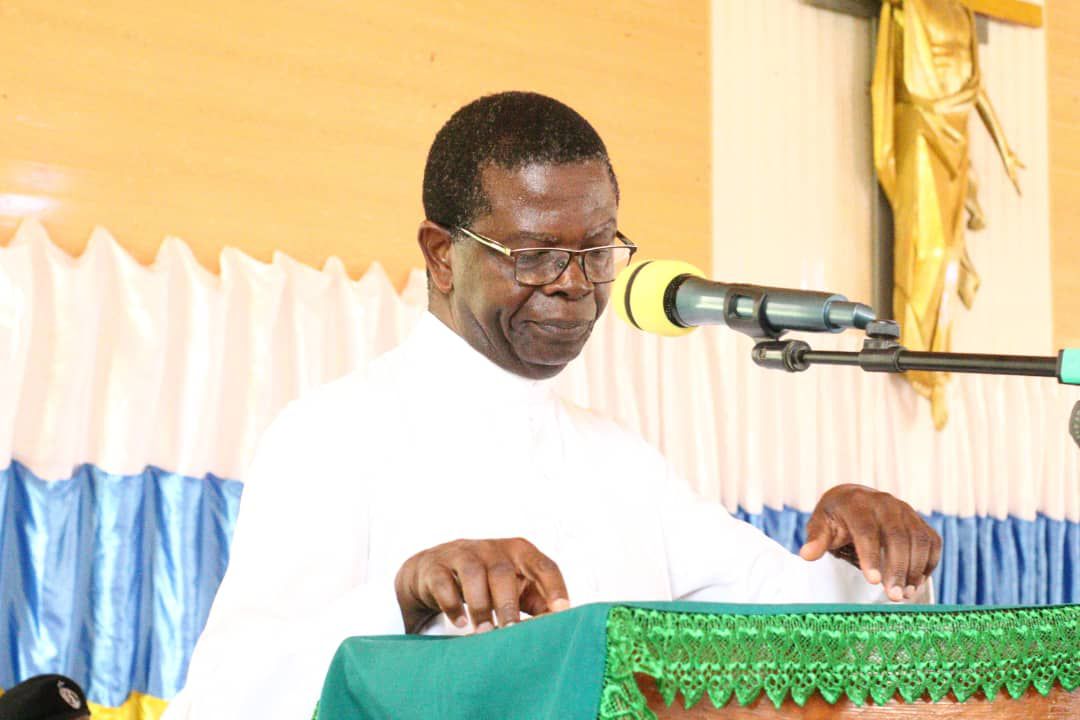
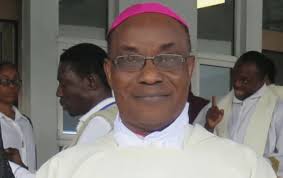

Discussion about this post